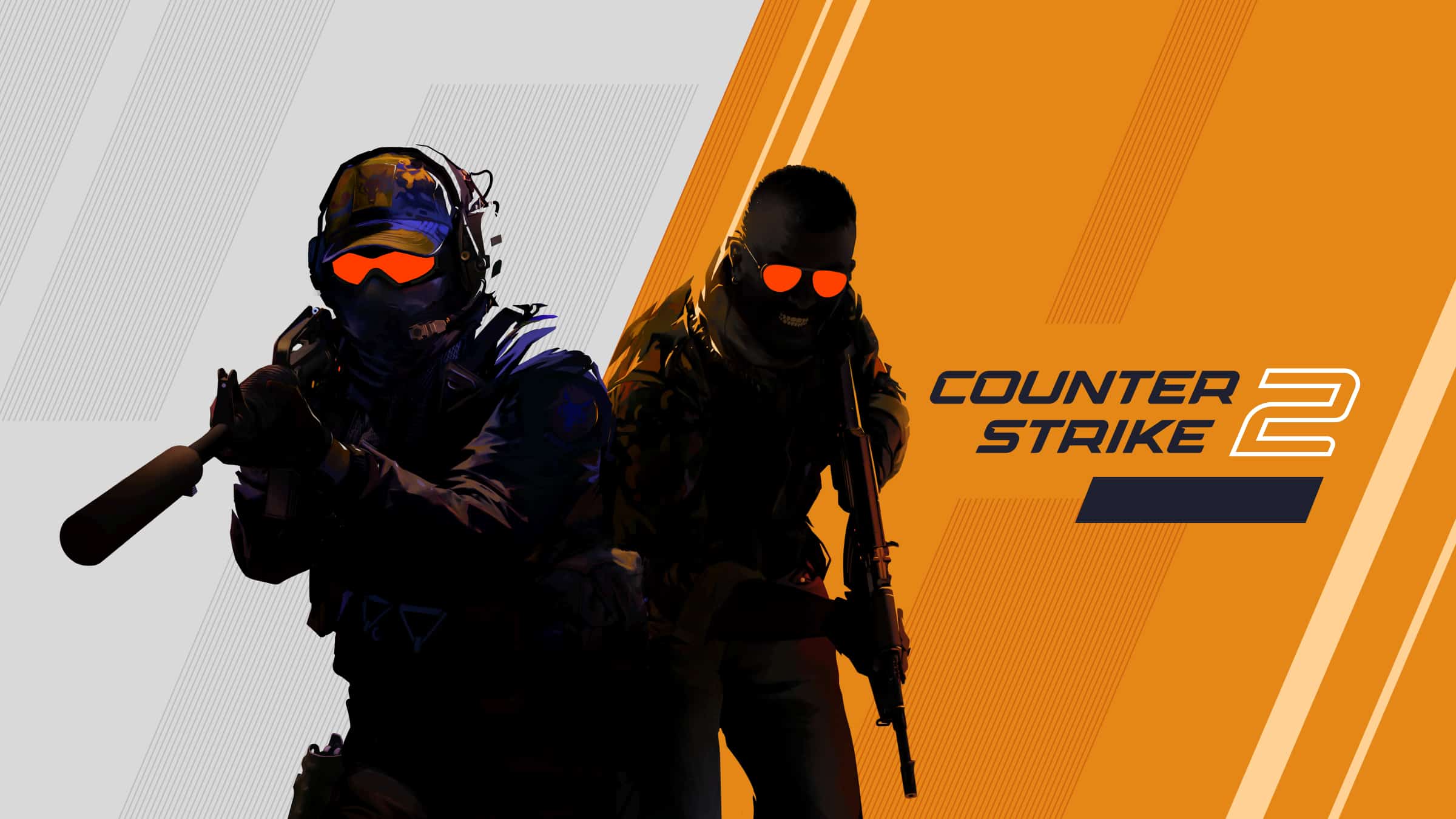Counter-Strike 2 retains the core round-based gameplay that has defined the series for decades. Knowing how rounds work is crucial for strategizing, both for casual and competitive players. Let’s break down the different match types and how many rounds you can expect.
Understanding Round Structures in Counter-Strike 2
Match Types in Counter-Strike 2
Counter-Strike 2 offers several match types, each with a distinct round structure:
- Casual Matches: Casual matches are the most relaxed format, designed for a shorter, more flexible experience.
- Competitive Matches: These are the standard for serious play, following a strict format that’s used in professional tournaments.
- Wingman Matches: A fast-paced 2v2 mode played on smaller, single-bombsite maps.
How Many Rounds Per Match?
Here’s a quick table outlining the number of rounds in each match type:
| Match Type | Max Rounds | Halftime Round | Win Condition |
|---|---|---|---|
| Casual | 15 | 8th round | First to 8 round wins |
| Competitive | 30 | 16th round | First to 16 round wins |
| Wingman | 16 | 9th round | First to 9 round wins |
Key Points to Remember
- Round Length: Each round lasts a maximum of 1 minute and 55 seconds.
- Halftime: Teams switch sides (Terrorists to Counter-Terrorists and vice-versa) at halftime.
- Overtime: In Competitive matches, if the score is tied 15-15, overtime rounds are played with a unique economic system. The first team to win four overtime rounds wins the match.
Why Rounds Matter
Understanding Counter-Strike 2’s round system allows for:
- Economic Planning: Money earned from round outcomes dictates your weapon and equipment purchases.
- Strategic Adaptation: Teams need to adjust their tactics based on the current scoreline and whether they are playing as Terrorists or Counter-Terrorists.
- Mental Fortitude: Staying focused and maintaining momentum over many rounds is key to consistent success.
Understanding Counter-Strike 2 Gameplay Mechanics
Counter-Strike 2 (CS2) enhances the classic tactical shooter game with its distinct competitive edge and strategic depth. In this section, we’ll look into the round-based structure, diverse game modes, and how timing governs the thrilling CS2 experience.
The Essentials of Rounds in CS2
Counter-Strike 2 operates on a round-based system, where the primary goal is for a team to win a majority of the rounds. Specifically, victory is achieved when a team secures 13 rounds. Players get a single life per round, emphasizing the importance of strategic play and teamwork.
Competitive
- Rounds needed to win: 13
- Single life per round
Casual and Premier
- Rounds: Follow similar but more flexible rules
- Lives: One per round, with occasional variations in Premier mode
Game Modes Overview
CS2 offers a variety of game modes catering to different playstyles:
- Competitive: The core CS2 experience where players engage in intense 5v5 matches.
- Casual: A more relaxed environment suited for beginners or those not seeking the intensity of the competitive mode.
- Premier: A premium version of competitive play with additional features and often used for official tournaments and events.
Each mode tweaks the way rounds are played and won, but the essence of round victories remains consistent across all formats.
Match Time and Roundtime
Each match in CS2 is bound by a time limit, which is crucial to the dynamics of gameplay:
- Match Time: Refers to the total duration of the match.
- Roundtime: The allotted time for each round, typically a few minutes.
The game also includes an overtime mechanic if teams are tied at the end of the last regulation round. This provides an opportunity for a clear winner to emerge by playing additional rounds.
Typical Match Time
- Competitive: Roughly 45 minutes
- Casual: Usually shorter than Competitive
- Premier: Varied, can be extended due to overtime or other factors
Standard Roundtime
- Competitive: 1 minute and 55 seconds
- Casual and Premier: Slightly longer to suit the mode’s pacing
Remember, success in CS2 doesn’t hinge on individual prowess alone but on the ability to cooperate with teammates within these time constraints.
Player’s Guide to Maps and Strategies
Counter-Strike 2 is a complex game where knowing your maps and having a solid strategy is just as crucial as sharp reflexes. Mastering these can give you a critical edge over the opposition.
Map Types and Tactical Approaches
Counter-Strike 2 offers a diverse array of maps, each with its unique layout influencing your tactical approach. Two primary map types are bombsites and hostage scenarios.
In bombsite maps like Mirage and Vertigo, you have two key areas, A and B, where terrorists aim to plant a bomb while counter-terrorists strive to prevent this. Effective strategies often include using smokes and flashes to gain control of important areas known as map callouts. For instance, on Mirage, controlling areas like ‘Connector’ or ‘Balcony’ can be important for both attacking and defending teams.
Hostage maps, meanwhile, require counter-terrorists to rescue hostages taken by terrorists. These maps, such as Office, demand careful planning and precision since the layout can often favor the defending terrorists.
Tactical considerations on all maps involve timely grenades usage and positioning for control over particular areas of the map, which can funnel the opposing team into disadvantageous positions or block their line of sight.
Understanding Economy and Weapon Purchases
Managing your in-game economy is vital in Counter-Strike 2. Each player starts with a set amount of money, gaining more by winning rounds, losing consecutive rounds, getting kills, or completing objectives. The money is used to purchase weapons, grenades, and gear.
There are different types of purchase strategies depending on your team’s economy:
- Full buy: When the team has enough money to purchase rifles, full armor, and a variety of grenades. This usually happens after a sequence of round wins.
- Eco round: A round where the team decides not to spend any significant amount of money, often saving it for future rounds. This can involve buying just pistols to have a small chance of winning the round without investing too much.
Understanding when to save money and when to go for a full buy is crucial. It prevents situations where a team may find themselves unable to buy essential items for key rounds. Weapon purchases should reflect the map and specific strategies in play: longer-range rifles may dominate open spaces, whereas shotguns and submachine guns can be effective in close quarters.
Through intelligent map play and economic management, you lay the foundations for outsmarting and outplaying your opponents. This mix of knowledge and practice could very well be what leads your team to victory.
Ranking and Progression in Competitive Play
Mastering the nuances of Counter-Strike 2’s competitive play is a rewarding challenge. A player’s journey through the ranks is peppered with skill development and teamwork enhancement, both of which are pivotal for climbing the leaderboard.
Competitive Mode and Ranking System
Counter-Strike 2’s competitive mode is the proving ground for players of all skill levels. Ranks serve as a measure of a player’s progress and are determined through a combination of XP, points earned through in-game actions, and the CS Rating system. The matchmaking system pairs players based on their skill level, aiming to ensure balanced and fair matches. Players start from the bottom and work their way up, moving from rank to rank, as they accumulate experience and showcase improved performance through kills, learning recoil and spray patterns, and ultimately, landing precise headshots.
- Novice Ranks: Silver I to Silver Elite Master
- Intermediate Ranks: Gold Nova I to Master Guardian Elite
- Advanced Ranks: Distinguished Master Guardian to The Global Elite
Points and XP gained relate directly to actions in the game, rewarding skillful play and strategic teamwork. The more players contribute to their team’s success, the more opportunities they have to ascend in the ranking system.
Improving Skills and Team Play
Success in Counter-Strike 2 hinges on a player’s ability to refine their skills and work seamlessly with their teammates. Communication is critical, as it fosters effective team play and can turn the tide of any match. Players should focus on round-to-round strategies, timely rotations, and adapting to opponents’ play styles.
- Communication: Always share information with teammates.
- Strategies: Learn and apply different playstyles to surprise opponents.
As individuals hone their recoil control and memorize spray patterns, their ability to secure kills, especially headshots, will improve. This translates into not only personal advancement on the leaderboard but also bolsters the team’s likelihood to win matches. Consequently, teams that collaborate and have a blend of various skill sets tend to ascend quicker in the ranks.
Frequently Asked Questions
Navigating the competitive landscape of Counter Strike 2, players often have questions about the match structure, specifically the number of rounds. Let’s break down the essential numbers for different match types.
How many rounds are required to win a competitive match in Counter Strike 2?
In competitive play, a team needs to secure 13 round victories to win a match.
What is the total number of rounds in a Counter Strike 2 casual match?
A casual match in Counter Strike 2 is typically composed of up to 15 rounds.
Can a Counter Strike 2 match be won with just 12 rounds?
Yes, but only if it’s under the Max Rounds 12 (MR12) format, which is shorter than the traditional match structure.
Why do some Counter Strike 2 matches have a limit of 13 or 24 rounds?
The 13-round limit is for competitive matches, aimed at winning a majority. Matches with a 24-round limit apply to certain game modes that extend the play for a more intense experience.
Are there short match options available in Counter Strike 2?
Players can engage in shorter matches, such as the MR12 format, that need fewer round wins.
What is the duration of an average Counter Strike 2 game?
The length of a Counter Strike 2 match varies, often lasting anywhere from 30 to 90 minutes, depending on the match type and round length.






